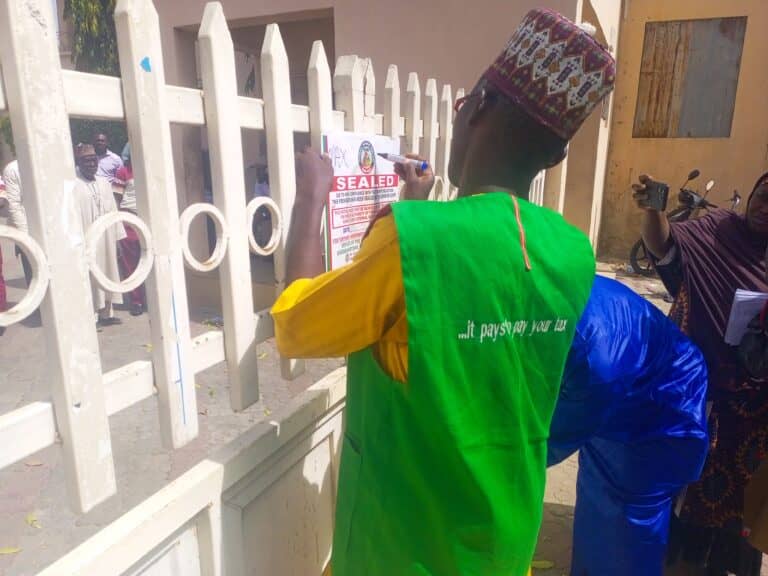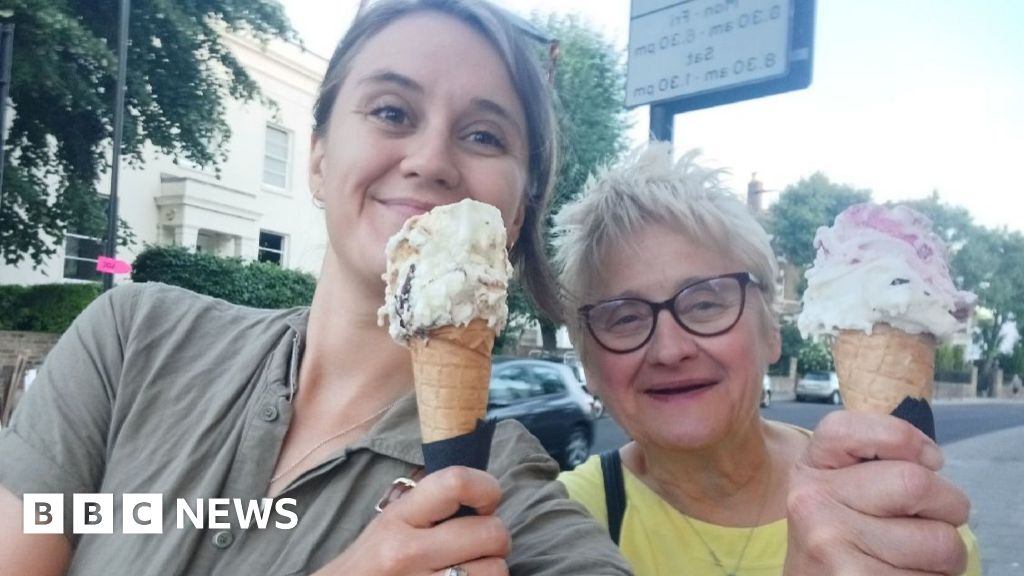A couple of months ago, I sat for an interview with Mr Tayo Faloye, the founder of Disability and Sickle Cell Organisation of Nigeria. This is the second part of the interview that was published recently.
You’re the author of a Sickle Cell book titled ‘How to Live with Sickle Cell,’ and several other books. You’re also a columnist with PUNCH Newspapers on SCD, a blogger and a worker, how do you juggle these tasks, knowing stress is bad for warriors’ health?
I do not find any of the activities you have mentioned stressful in any way. I love writing, so anything that involves writing or reading is natural to me. Additionally, anything I do related to sickle cell is not a burden because it’s a part of who I am. I juggle these various tasks because I’m good at multitasking and an excellent organiser. I know how to pace myself and I can manage my health.
It is true that stress isn’t good for anyone living with sickle cell disease, but it’s important to understand that there are different types of stress. There’s acute stress, which is short-term; episodic stress, which is short-term but frequent; and long-term chronic stress like dealing with financial issues or living with a chronic illness such as sickle cell. Stress is an inevitable part of life.
However, it’s crucial to avoid certain types of stress, particularly physical, psychological, and psychosocial stress. In my opinion, these forms of stress can have the most profound impact if not properly managed. Physical stress can often be alleviated by simply stopping the activity, but emotional, psychological, and psychosocial stress require careful management to prevent triggering a sickle cell crisis.
One of the debilitating complications of sickle cell is leg ulcer which can take forever to heal and comes with excruciating pains. Can you shed some light on it?
The pain from a leg ulcer far surpasses the pain of a sickle cell crisis. While I would describe the pain from a crisis as excruciating, the pain from a leg ulcer is mind-blowing. If I had to quantify it, I’d say it’s 100 times worse than the pain from a sickle cell crisis.
Medical professionals suggest that leg ulcers are caused by a lack of zinc and insufficient blood flow to the legs. However, certain medications, such as hydroxyurea, can also contribute to the development of leg ulcers. Some people endure this pain for years, which is why leg ulcers are considered chronic.
Your adorable mother, Mama Dehinde, hit the 90-year mark in July, which you and your siblings celebrated in grand style. Can you share the secret of her longevity with readers?
The secret to my mother’s longevity isn’t just one thing, but rather a combination of factors. She has strong faith in God. She is dedicated to charitable works and prays daily. As a former nurse, she is very mindful and cautious about what she eats. Another key to her longevity is her sociable nature. She has a diverse circle of friends—some older, some her age, some younger, and others who, in Nigerian culture, would be considered sons, daughters, or grandchildren, being decades younger than her.
My mother is also internet-savvy, staying up to date with global events. She knows how to use Google for information and is adept at navigating YouTube to listen to news bulletins or watch programs. Additionally, she has been blessed with divine health. I believe it’s this combination of faith, social connections, and mindfulness that has kept her alive and well to this day.
Funding is one uphill task for a good number of SCD NGOs to be truly effective in tackling sickle cell, especially in Nigeria. What would you advise to be done to scale the hurdle while avoiding donors’ fatigue?
The Nigerian government, and African governments in general, do not support non-governmental organisations in the same way that countries in the Western world do. However, I have noticed that some NGOs have successfully leveraged social media to appeal for help and support when they need funds which helps avoid donor fatigue.
In these cases, videos or messages can reach a global audience, allowing anyone from anywhere in the world to contribute to the cause. This method is not only efficient but also potentially more effective, as it enables a broader range of people to get involved in a particular donation appeal, without it being the same set of people all the time.
What do you wish you’d known about SCD earlier in life that you want others to avoid now?
There isn’t anything I wish I’d known about sickle cell earlier in life that I would want others to know now as I come from a knowledgeable family who provided me with the necessary information while I was still living at home. However, I do think it is important for people to understand the significance of a healthy diet in managing sickle cell disease and reducing the frequency of having a crisis. This means eating plenty of in-season vegetables, especially leafy greens.
For those from African backgrounds, the traditional stews or soups made with leafy greens are particularly beneficial for people living with sickle cell. It’s also crucial to eat fruits in season and incorporate nuts, and pulses, like beans, grains and peas, into your diet, as well as chicken, fish or turkey instead of meat. If possible, reduce your meat intake and opt for more fish. Above all, drink plenty of water to prevent the sickle-shaped cells from sticking together and triggering a crisis.
One of your areas of SCD expertise is healthy living with dieting, what are the meals you would advise warriors to consume and why? What should they avoid?
In terms of the reason why warriors should consume the foods mentioned previously, it is because eating vegetables is important for health as they provide essential nutrients like vitamins, minerals, fibre, antioxidants, and phytochemicals. Research has shown that people who eat several servings of vegetables a day have a lower risk of many other diseases.
Eating fruits is a good source of vitamins and minerals including folate, vitamin C and potassium. They are an excellent source of dietary fibre, which can help to maintain a healthy gut and prevent constipation and other digestive problems.
Until next time.
If you would like to get in touch with me about sickle cell, do so, via my email address; [email protected]. And do check out my blog: https://www.dailylivingwithsicklecell.com/ My book on Sickle Cell – HOW TO LIVE WITH SICKLE CELL and my other books are available for purchase on www.amazon.com.

 2 weeks ago
31
2 weeks ago
31













![[ICYMI] No N500m missing from customer’s account, says Access Bank](https://cdn.punchng.com/wp-content/uploads/2018/09/14183604/20180707-DSC_0077new.jpg)

 English (US) ·
English (US) ·